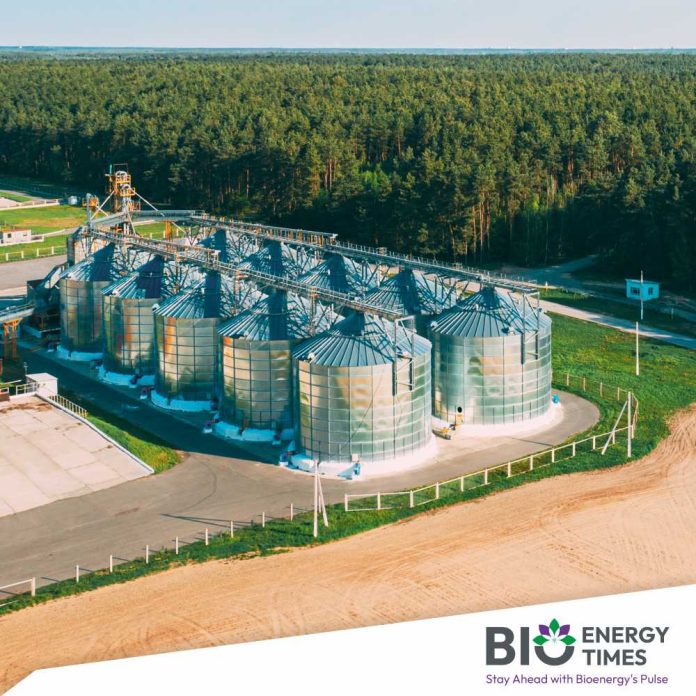The Federation of Thai Industries (FTI) has expressed dissatisfaction with the state’s plan to reduce biomass and biogas fuels in the upcoming power development plan (PDP). The FTI advocates for maintaining or increasing the proportion of these fuels to better utilize agricultural waste.
The PDP, scheduled for enforcement from 2024 to 2037, promotes a substantial increase in renewable power, with a significant emphasis on solar energy, while giving less attention to biomass and biogas contributions.
Renewable energy’s share is projected to rise to 51% of the total by 2037, up from 20% last year. The remaining energy mix will include gas, coal, nuclear energy, and new energy solutions aimed at reducing fossil fuel usage and conserving electricity, according to the PDP. Natee Sithiprassasana, Chairman of the FTI’s Renewable Energy Industry Club, spoke on the advantages of biomass.
“It is true biomass must be burned to fuel power plants, but it releases less carbon dioxide than coal and gas.”
Biomass includes various agricultural leftovers such as rice husks, sugarcane bagasse, corncobs, unwanted palm parts, and wood chips. These plants absorb carbon dioxide and produce oxygen before becoming agricultural waste, making them valuable, according to Natee, who views the energy as beneficial to the carbon neutrality plan.















